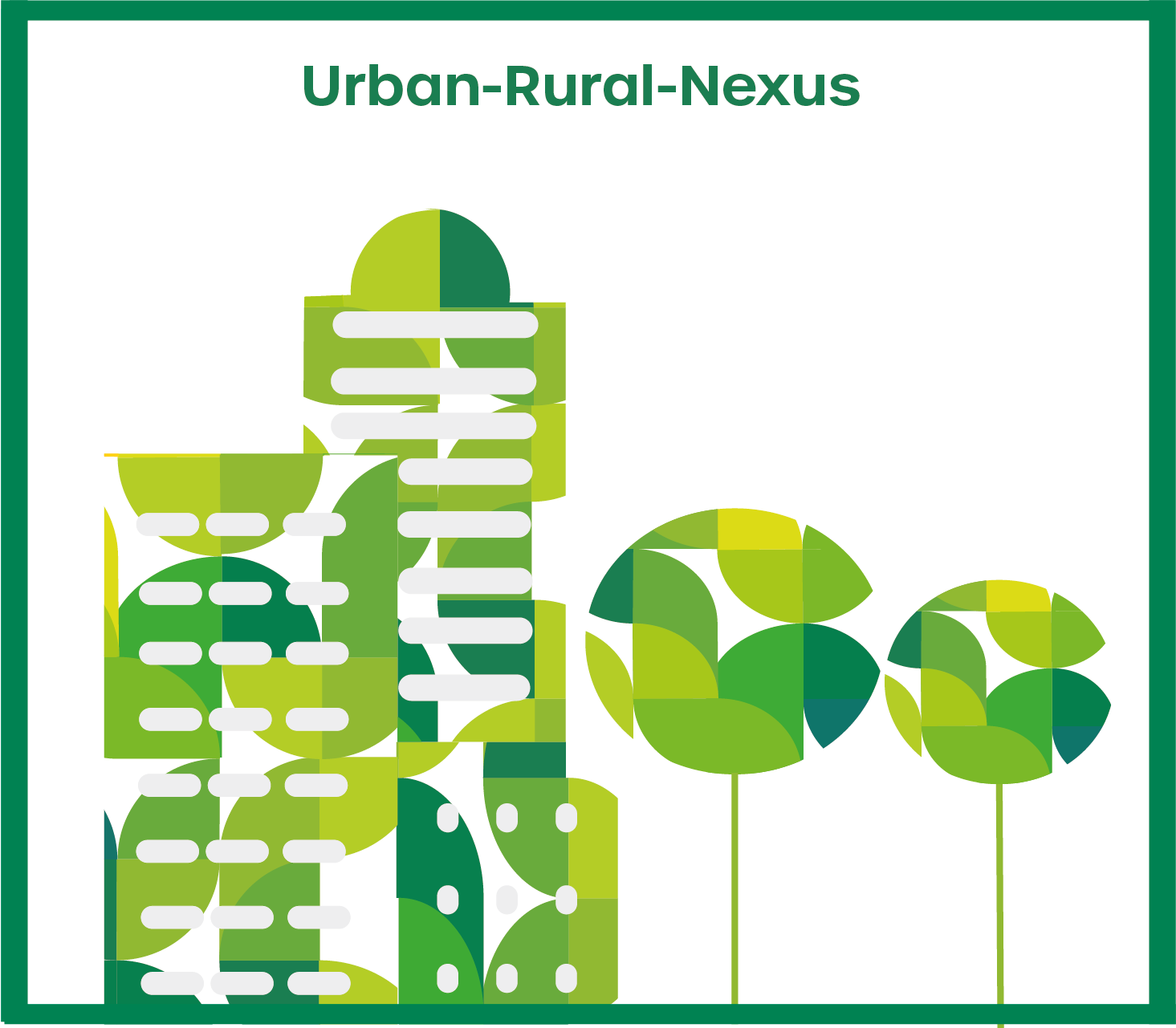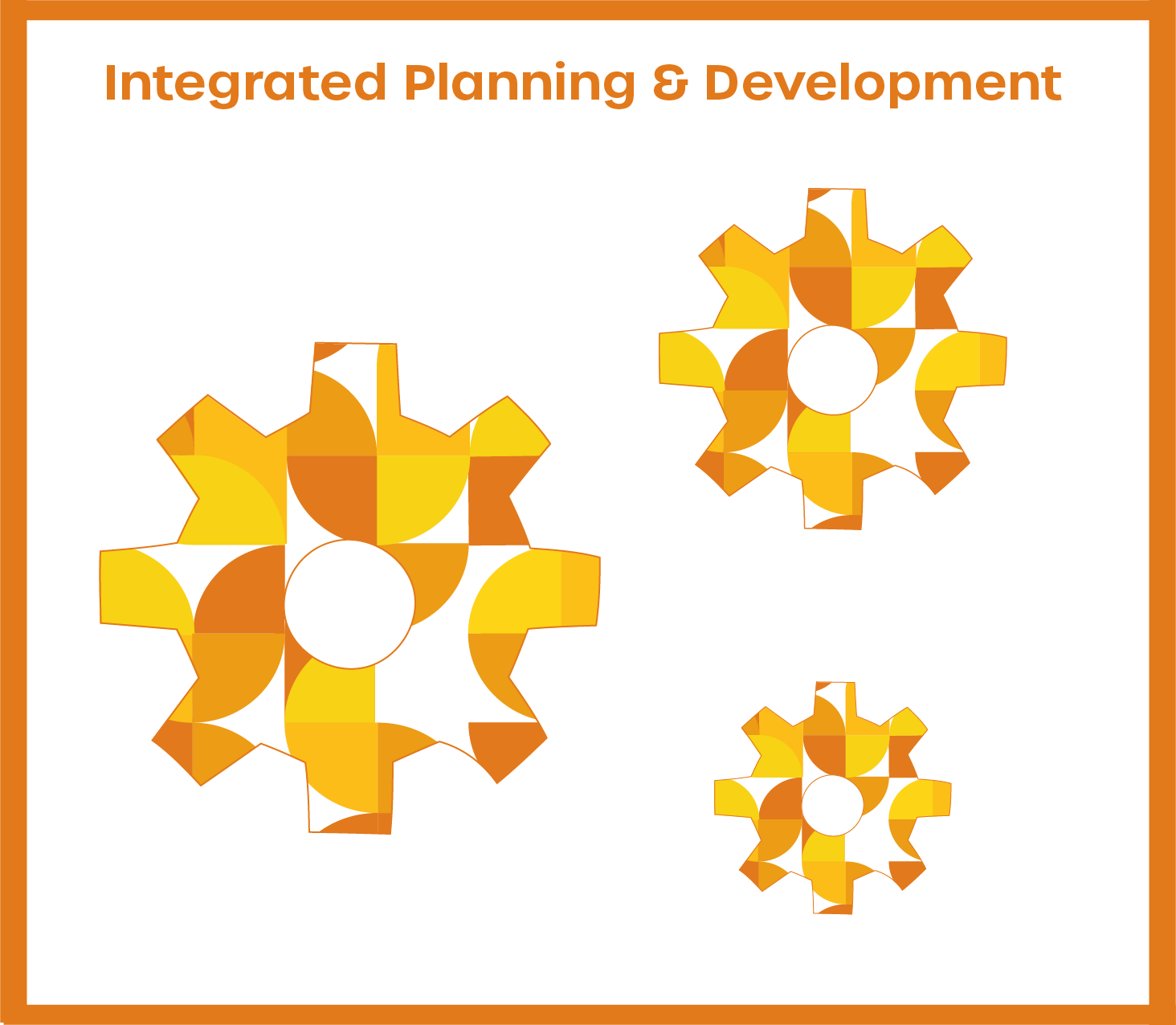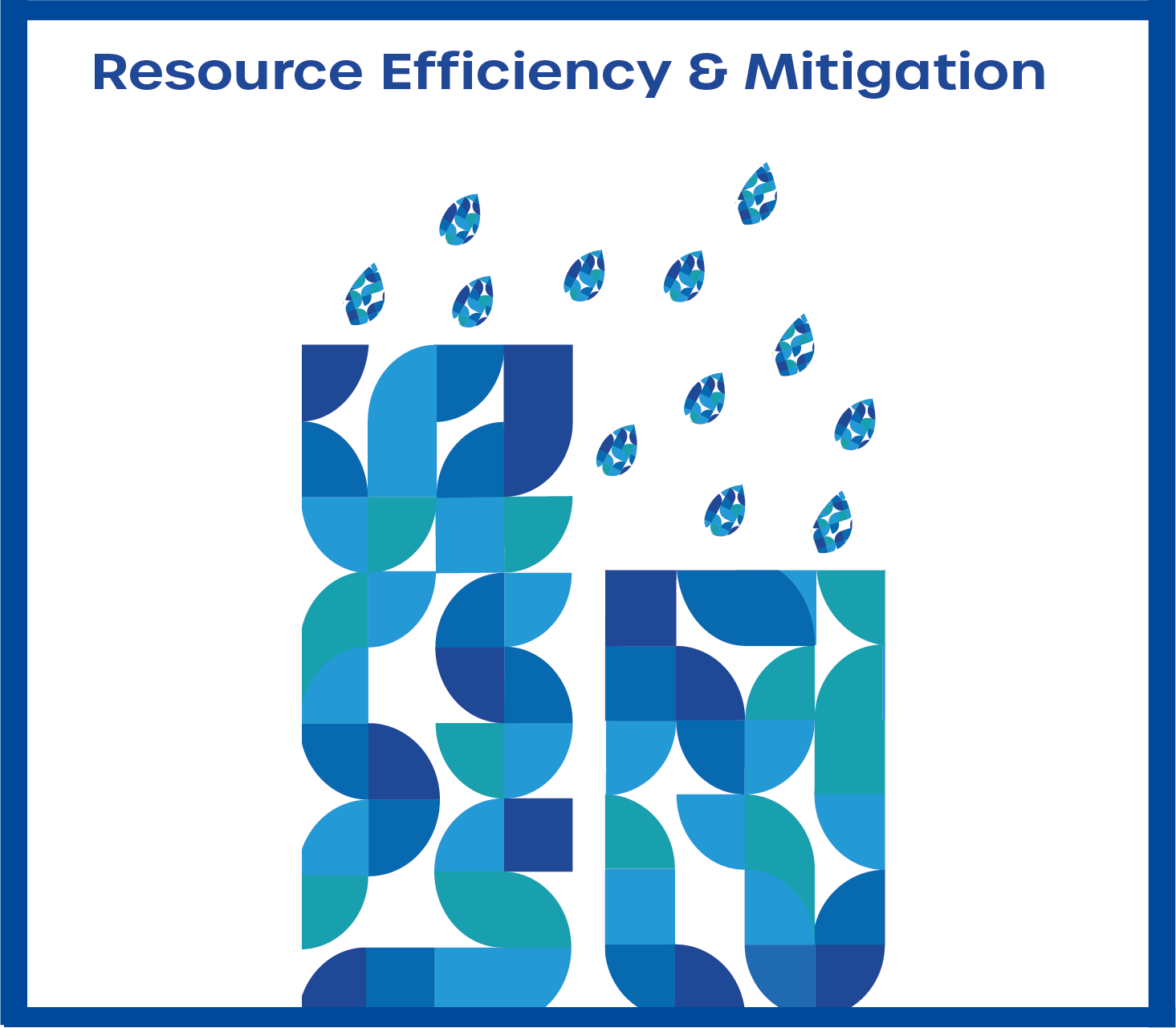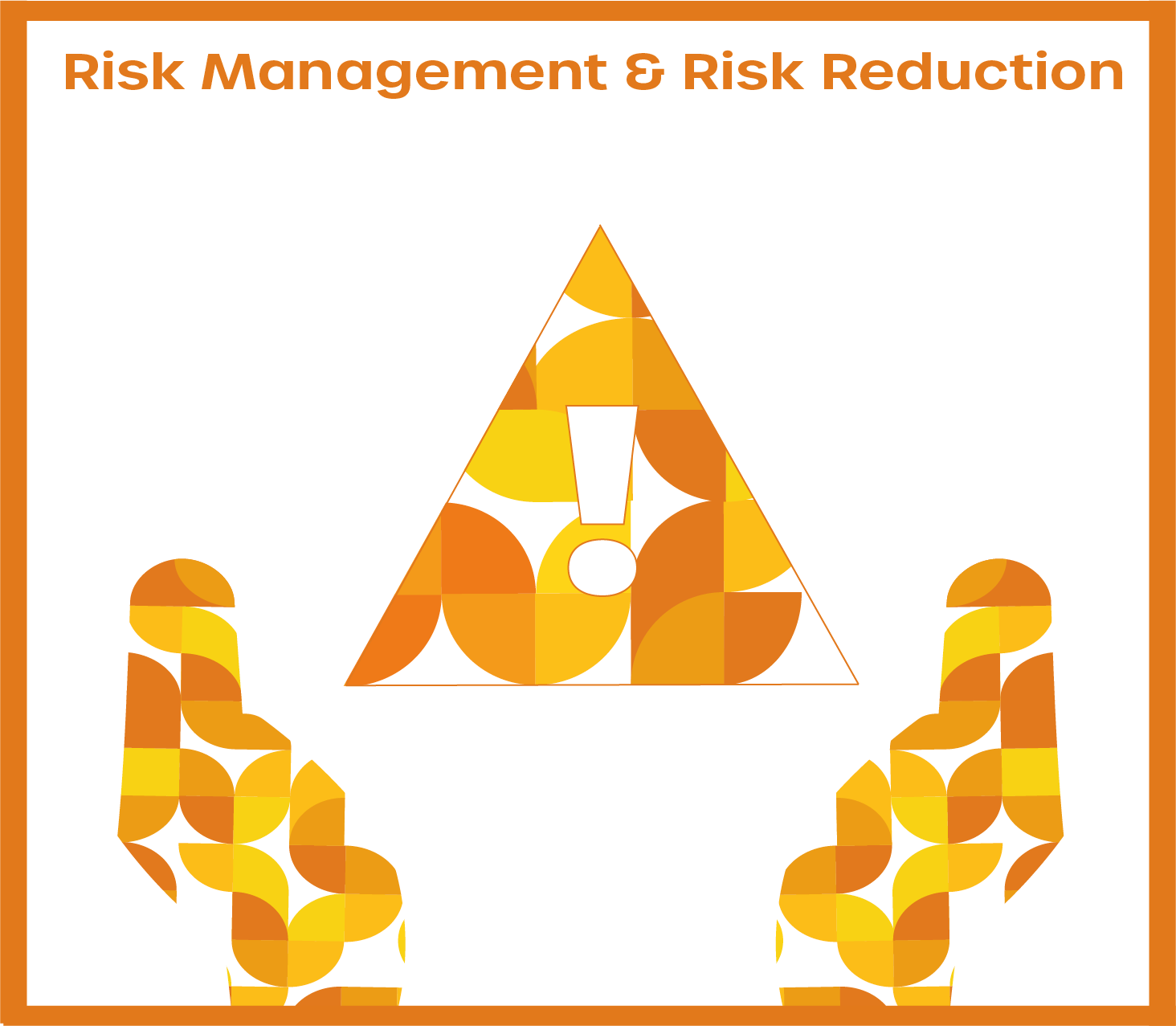Integrated Planning and Development is an approach looking at how an organisation can plan across multiple functions, levels, locations, and other natural or artificial divisions.
Urban-Rural Nexus
Cities and their regions enjoy different and frequently complementary assets, and they form intertwined relationships amongst them. The urban-rural nexus refers to the reciprocal flows between cities and surrounding areas of people, goods, services, money, and environmental services. These linkages often cut across administrative boundaries and encompass several rural settlements, towns, and small and medium-sized cities forming urban-rural functional areas. Such areas share urban and rural elements and are distinct from both; hence, they cannot be treated as urban or as rural. Yet policies, programmes, and strategies for rural and urban development often remain largely disconnected and rarely discoursed from an integrated planning perspective.
The urban-rural nexus is one of the key focus topics among the projects of the SURE funding priority from a transformation-to-sustainability process perspective. Projects such as URA, LIRLAP, and Emplement! deal with developing concepts, strategies, and tools to enhance urban-rural linkages and aid the sustainable transition of cities and surrounding areas.



